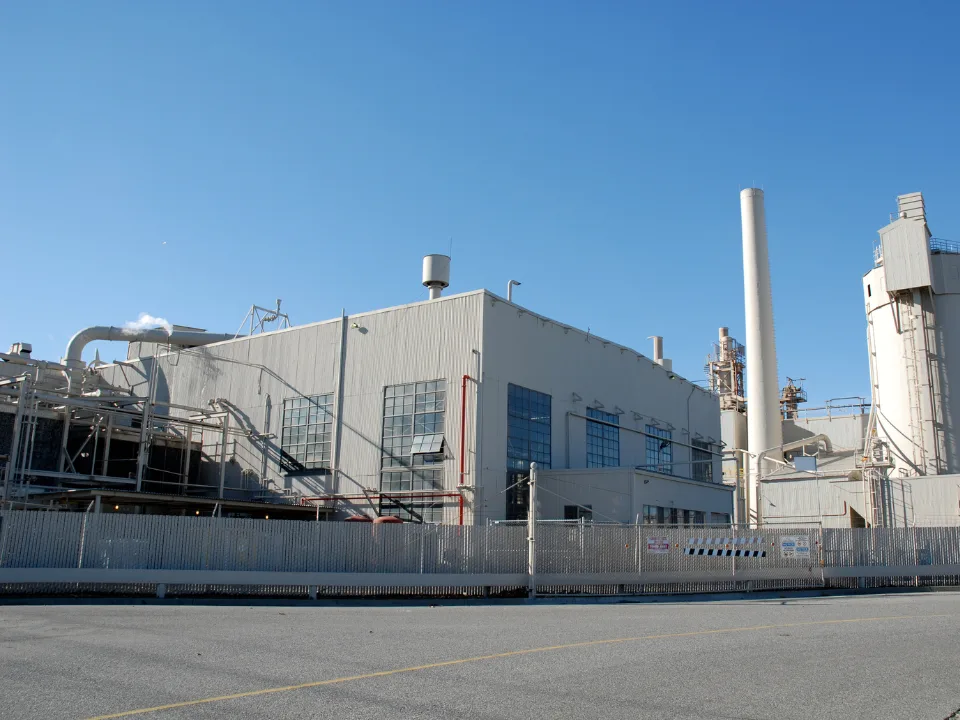Shadow Lenders Look to Capitalize on Void Left by Banks and Bond Market
As traditional banks and the bond market continue to shy away from commercial real estate, shadow lenders are taking an interest in the asset class.
Good morning. As regional banks and the bond market leave a void, shadow lenders are eagerly eyeing CRE. Additionally, rents for student housing have surged. However, since these trends mimic those of the multifamily market, it’s only part of the picture.
FROM THE SHADOWS
Private Lenders Are Ready to Step in to Fill The CRE Void Left by Banks, Bonds
As traditional banks and the bond market continue to shy away from commercial real estate, shadow lenders are taking an interest in the asset class. This could leave borrowers with little choice but to pay high premiums to secure deals.
Banks back out: While regional banks hold 70% of CRE loans made by all US banks, turmoil in the banking sector paired with rising loan defaults has encouraged smaller banks to scale back their lending on real estate projects as they seek to reduce their risk exposure.
Bombing bonds: Traditionally, the other source of liquidity for property owners has been the bond market. But according to Bloomberg, the issuance of commercial mortgage bonds has dropped 82% YoY. The hole left by regional banks and the bond market could be filled by a rising class of shadow lenders—mostly private credit funds taking advantage of big bank reluctance to get away with highway robbery.

On the rise: Private creditors have gradually been chipping away at banks’ corporate lending businesses, reaching a record $5.5B. The market has gotten so crowded private lenders have even turned to alternatives like consumer loans and aircraft lending. Sensing the gap left by regional banks, there’s no reason these lenders wouldn’t have their sights set on CRE, too.
Looking at rates: Borrowers have a ton of debt to refinance as nearly $1.5T in US CRE debt is coming due in the next three years. At the same time, 186 banks have a negative insured deposit coverage ratio, dissuading them from providing long-term mortgages. Analysts at Morgan Stanley (MS) anticipate banks want to cut the duration of their investments, decreasing demand for commercial mortgage bonds.
➥ THE TAKEAWAY
From top to the bottom: Many private credit lenders also have experience working out distressed assets. During a recent earnings call, Starwood Property Trust (STWD) mentioned an office building in downtown LA that it wishes to redevelop or sell, as it has foreclosed on its mortgage loan. Alternative lenders are looking to jump on properties that have declined in value since being purchased at the top of the market at high loan-to-value terms. Such property owners need liquidity to bridge the gap, and private equity could be happy to provide it.
📬 Want to share this story? Click here to forward this email.
🌐 Around the Web
📖 Read this article from Bloomberg where Kyle Bass of Hayman Capital Management advocates for demolishing office assets nationwide as vacancy rates sit above 20%.
🖥️ Watch Warren Buffet as he joins CNBC’s Squawk Box to share his thoughts on the health of commercial real estate and why he thinks those who lend too much money should take their losses.
🎧 Listen to this episode of the Deconstruct podcast as they discuss the potential of ChatGPT and AI technologies to impact the CRE market.
BACK TO SCHOOL
Student Housing Rents Hit All-Time High in March 2023—But Will the Trend Continue?

While the economy and other commercial real estate property types are hitting the snooze button, the student housing industry is up and at ’em. In March, student housing rents jumped 7% YoY, a new record high of $829 per bed.
No vacancy: Pre-leasing for the upcoming academic year also hit records, according to Yardi Matrix. In March, 69.7% of beds at the 200 schools surveyed by Yardi were pre-leased for the fall semester, a 7.8% increase over last year. Despite solid fundamentals, however, new developments aren’t keeping up. The culprit? Higher interest rates, nervous investors, and less debt-market liquidity.
Bevy of beds: At the beginning of Q2, nearly 70K student housing bedrooms were being built, 20K more than the previous quarter. At the same time, the number of beds in pre-construction hasn’t changed meaningfully quarter-to-quarter. That could mean fewer are developed in the future even as universities desperately try to develop more housing to squeeze more dollars out of their real estate assets.

It’s a jungle out there: In larger urban centers (particularly those with limited supply), students have to compete with a bigger pool of renters, which has driven rents up. Dedicated off-campus student housing behaves differently and tends to follow the pattern of conventional multifamily markets.
➥ THE TAKEAWAY
Staying in line: The market-rate multifamily rent growth peaked in February 2022 and has significantly slowed down in the months since. However, student housing rent growth has remained steady. While there are similarities between the two sectors, the student housing sector may not experience a slowdown or reversal in rent growth just yet. However, it’s important to keep an eye on any potential changes in the future.
📬 Want to share this story? Click here to forward this email.
📰 Daily Picks
-
Interest in infrastructure: Carlyle Group Inc. (CG) wants to launch a new $2B fund focusing on high-yield private debt for infrastructure. The fund would be applied to sectors including renewable energy and social and digital infrastructure.
-
Office obsolescence: Major cities are beginning to offer incentives for developers to begin “office-to-resi” as local governments scramble ahead of downtowns becoming obsolete.
-
Bread basket: Entrepreneur Trevor Hightower has begun considering agricultural land. He’s been named a partner at Dallas-based PE firm Macfarlan Capital Partners, which is looking to invest in US farmland.
-
Winding down: The push for e-commerce retailers to deliver faster has slowed as more consumers show they’re willing to wait for packages post-pandemic. This also coincides with an increase in shipping costs for providers.
-
Finding the moment: Parkview Financial’s Himanshu Tiwari believes the Cap Rate’s spread could indicate that now is not the time for complacency.
-
Storing value: More and more investors are turning to outdoor storage as their key role in the supply chain and scant availability makes these assets consistently valuable.
-
Slipping out the back: Salesforce (CRM) is planning to leave its prominent office tower in San Francisco amid an effort to continue cutting costs.
-
Moving money around: An affiliate of Alexandria Real Estate Equities Inc. has transferred a partial interest in a Boston life sciences facility to an affiliate of Mori Trust Co. It’s the largest life sciences transaction in the US this year.
-
Demand for data: The need for more data centers is expected to continue in 2023, buoyed by AI tech and all the data it generates. The problem is that supply chain issues and energy limitations could make it difficult to launch new facilities.
-
Not so easy: Even if it might be appealing to hand the keys for a stagnating office property back to the lender, the cancellation of debt in such a manner could have larger tax implications.
-
Get back in the office: JPMorgan Chase & Co. (JPM) has mandated that its managing directors return to the office for five days a week, ending its hybrid-work model.
-
Mild, not wild: The Fed does not believe that 2023 will witness a 2008-style economic crash. But they still expect a “mild recession” this year as a result of the banking crisis.
-
Super app: eToro, a social trading company, has partnered with Twitter to allow users to access stocks, cryptocurrencies, and other financial assets.
📈 Chart of the Day

What did you think of today’s newsletter? |


















